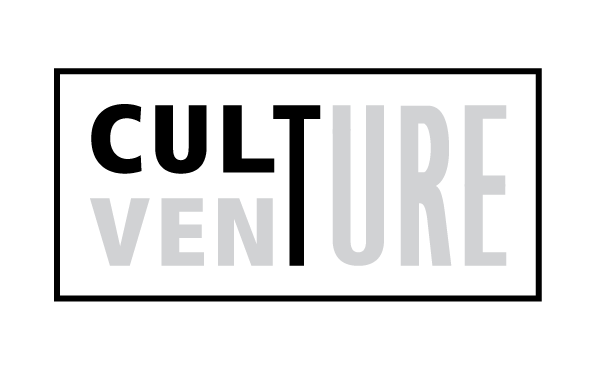Hailing from the smallest nation in the European Union has shaped my perspective on cultural cooperation. Balancing my identity as Maltese, Mediterranean, and European while navigating cultural policy-making and artistic production has been a journey riddled with conflicting impulses – the urge to leave for growth versus the pull to embrace the unique island life.
For years, grappling with the limitations of international cultural relations in an environment lacking diplomacy, access to networks, and infrastructure felt like an uphill battle. The disparities in cultural cooperation, particularly for smaller and isolated regions, were glaring, necessitating amplified efforts to bridge these gaps.
In striving for fair play and equity, it’s evident that empowering cultural practitioners is crucial. Mobility, not merely for nation-building but as a fundamental right, fosters creativity, connections, and learning. However, barriers to mobility persist – from financial constraints and information gaps to immigration policies and limited intercultural communication.
Islanders and those in peripheral territories face compounded challenges, with limited resources and connectivity, hindering their participation in international cultural exchanges. The pandemic underscored the need to rethink mobility, considering both environmental sustainability and digital inclusivity.
True equitable cooperation demands strengthening local cultural ecosystems. Investing in grassroots initiatives empowers communities to drive international collaborations based on their needs. Information dissemination and targeted mobility funding can significantly enhance opportunities for cultural practitioners, especially in underserved regions.
In these challenging times we must prioritise addressing imbalances & strengthen local cultural ecosystems to consider fair international cultural cooperation. To shift the narrative, artists, cultural professionals and networks must be placed at the forefront to co-design & co-create across borders and beyond the margins.
Toni Attard
Models like Culture Moves Europe offer a blueprint for facilitating mobility grants and can serve as an exceptional model for small scale but impactful mobility with regions like Latin America and the Caribbean. Coordinated efforts between European and non-European cities, particularly those addressing peripheral concerns, can also enrich global conversations.
In envisioning the future of mobility, the concept of “slow mobility” emerges, not solely rooted in climate consciousness but as a shift toward sustainable, meaningful interactions. However, this should not impede our progress in international cultural cooperation, given the societal implications of such stagnation amidst rising populism.
Acknowledging existing inequalities and rectifying them on the ground through practical interventions is crucial. Building resilient local ecosystems is pivotal, serving as catalysts for inclusive international partnerships.
The road ahead involves identifying specific actions for organizations like the EULAC foundation to lead. From match-funded microgrants to policy labs, these initiatives should aim to foster inclusive partnerships, mobilize ideas across borders, and bridge disparities through co-design and co-creation.
International cultural cooperation isn’t a singular solution, but a collaborative journey that demands inclusivity, innovation, and continuous efforts to empower communities on the margins.
In nurturing these partnerships, we not only enrich cultural exchanges but also contribute to a more interconnected and harmonious global landscape.
